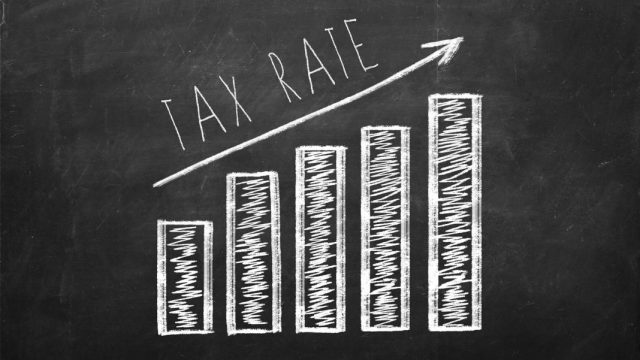Contractors and their advisors are growing increasingly concerned over potential tax increases in the Autumn Budget that will seek to align the tax liability of freelancers more closely with that of employees.
Several newspapers reported over the weekend that chancellor of the exchequer Rishi Sunak is planning tax rises across the board to fund skyrocketing government borrowing as a result of the response to the covid-19 pandemic.
The Sunday Times called the hikes “a £30 billion tax raid on the wealthy”, claiming that the chancellor is considering raising corporation tax from 19 per cent to 24 per cent, in a move that would affect any contractor operating through a limited company. The newspaper said that Mr Sunak will argue that 24 per cent is the global average tax rate for business and would still be lower than other European economies such as Germany, France, Italy and Spain.
Raising dividend tax is also being considered to plug the hole in the country’s economy. Dividend tax is currently charged at 7.5 per cent, 32.5 per cent or 38.1 per cent; any rises could bring the tax rates on dividends closer to the income tax rates of 20 per cent, 40 per cent and 45 per cent, or a more radical move would be to simply classify dividends as income and subject them to income tax at exactly the same rates. The same idea is being considered for capital gains.
The Mirror reported on Wednesday that the chancellor is contemplating raising National Insurance contributions for the self-employed by 3 per cent, which would see self-employed contributions charged at the same rate as that for employees (12 per cent). The Sun calculated that this would cost the average self-employed worker £250 more per year. A government source told The Sun: “Rishi is minded to do it this time round but no decision has been made just yet. He’s 60/40 in favour of doing it.”
In March, following the unveiling of the Self-Employed Income Support Scheme (SEISS), Sunak said: “It is now much harder to justify the inconsistent [National Insurance] contributions between people of different employment statuses. If we all want to benefit equally from state support, we must all pay in equally in future.”
Other ways to increase the amount of money available to the exchequer that are being mooted are removing the “triple lock” on state pensions, a move being resisted by Number 10 as it would break a key pledge in the Tories’ election manifesto, and reducing the foreign aid budget, which would require a change in the law as legislation exists dictating that the UK spends 0.7 per cent of national income on overseas development.
In a worst-case scenario, limited company contractors could see their extracted profits being charged at the same rate as income in addition to suffering a corporation tax increase of 5 per cent. This would be on top of the new IR35 regime being introduced next April. Self-employed freelancers would also have their taxation brought broadly in-line with that of employees.
However, many commentators have speculated that the headlines are a result of political “kite-flying”, where ideas are floated in the media to gauge public opinion and to see which option raises least opposition, particularly given the timing of the reports, in the week that Parliament returns from its summer recess.
That hasn’t stopped debate from being sparked amongst experts in the freelance sector. “NIC rate rises are being considered for the self-employed in the [Autumn] Budget, along with alternative taxation for PSCs,” said Rebecca Seeley Harris, the founder of ReLegal Consulting.
“These considerations are being made in addition to, and not instead of, the reforms to the off-payroll framework from April 2021, which are already going ahead from then.”
“One proposal is to abolish the Class 4 NICs”, said chartered accountant Carolyn Walsh. “Or [Sunak] will align the NIC regime for the self-employed and employed. It would likely include eliminating…the ‘benefits’ of self-employment. A hike on dividends looks almost definite.”
The proposals have been met with opposition amongst Tory MPs and Conservative-leaning think tanks, many of whom believe that the tax take could actually go up if tax rates were decreased.
It is “definitely not” the time for tax rises, said Julian Jessop, fellow at the Institute of Economic Affairs. “Fiscal tightening would slow the recovery and there is simply too much uncertainty over the long-term health of the public finances to make important judgments this autumn,” he said.
Robert Colvile, director of the Centre for Policy Studies, said that “growth was key” to the long-term health of the public finances and the chancellor was taking risks even if he only announced future tax increases. “Signalling specific tax rises is as bad as doing them because people respond in advance of them coming in,” he said.
Gemma Tetlow, chief economist at the non-partisan Institute for Government, said the best strategy would be to start a debate on the most sensible future tax increases. “While this government did not run for office on a platform of tax increases, it would seem sensible to prepare the ground,” she said.
3rd September 2020.









